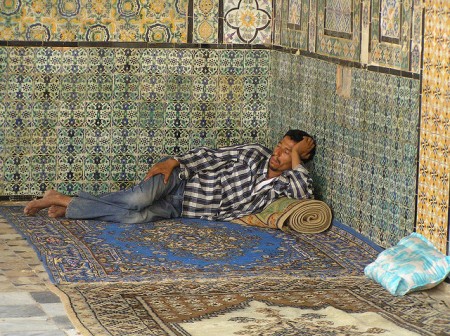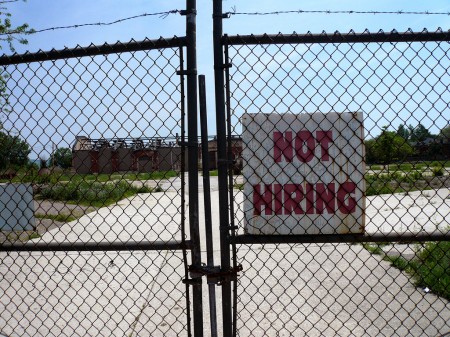
“A socio-economic oasis in a political desert”: this is how Diogo Noivo describes Tunisia in a 2009 briefing paper for the Portuguese Institute of International Relations and Security (IPRIS). It got about by now that the notorious tourist destination is not a paradise for critical spirits and democratically-minded people. But now it seems that even the socio-economic oasis Tunisia was supposed to be is drying out.
A desperate, unemployed university graduate, who was denied the right to have a vegetable stall on the local market in a provincial town and slapped and insulted by the police, burnt himself in protest. Demonstrations organized by otherwise loyal trade unions were not crushed by the government’s security forces for a change and the autocrat Zine El Abidine Ben Ali reacted to the protests by firing his youth minister and allocating more money for the country’s youth programs. However, the angry crowd didn’t let itself calm down by this and Ben Ali returned to his old methods: guns and batons.
In this excellent report, the German-language Swiss public radio reveals the socio-economic causes of this unrest: Tunisia’s good education system brings out tens of thousands of university graduates every year, which the country’s low-tech industries such as textiles and cheap tourism can’t absorb.

